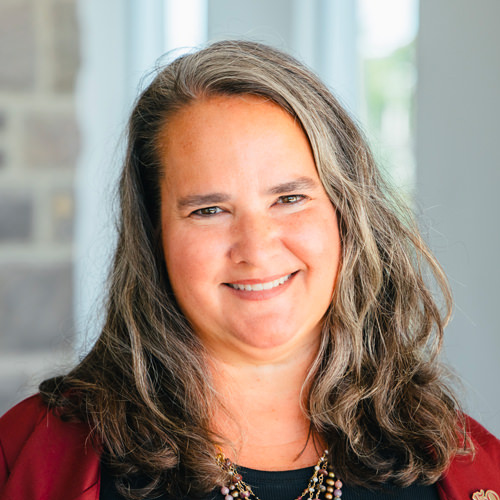Building Communities of Practice: Extended Orientation and Development Programs for Campus Leaders
Course Length
1h 32m

Building Communities of Practice: Extended Orientation and Development Programs for Campus Leaders
Table of Contents
Impart new leaders with a clear sense of how to be successful in their role and at the institution.
Overview
At this time of continued transition in higher education, institutions are regularly welcoming new leaders at all levels. Many institutions do not have well-developed, intentional practices for fully onboarding new leaders in ways that will help them understand the culture, complexity, and wide range of responsibilities and expectations of their position. Additionally, many leaders are relatively isolated in their roles from a wide-ranging support network across their campus community. Developing a program that will impart new leaders with a clear sense of how to be successful in their role and at the institution, share resources that will support their transition, and provide intentional opportunities to build relationships can supplement what any one specific department or area is able to provide to ensure success for the new leaders on campus.
Join us to learn how creating extended orientation and development programs can shorten transition periods and set a strong foundation for success. Using the Virginia Tech Academic Leaders Program and New Senior Leader Cohort as models, we will explore essential programmatic elements, learn how to make the case for such a program, and hear about pitfalls to avoid.
In this training, we will cover:
- The benefits of offering an extended orientation and development program for new leaders.
- The roles Communities of Practice play in extended orientation and development programs.
- Essential elements to include in your program.
- Mistakes to avoid and best practices.
- Building the case for a program on your campus.
Who should attend?
This training is designed for higher education leaders in faculty affairs, human resources, organizational learning, teaching and learning, and other roles who are committed to the successful transitions of new leaders into their organization.
Agenda
Why extended orientation and development programs?
Our expert facilitator will highlight the challenges and needs experienced by many leaders joining academic institutions, and the ways in which extended orientation and development programs can help shorten learning curves and make these transitions most productive.
Why Communities of Practice as a component of extended orientation and development?
We will talk about what a Community of Practice is, why it’s a helpful framework for building extended orientation and development programs, and how this approach can benefit your organization.
What elements should be included in a program like this?
We’ll explore some aspects to think about when structuring an extended orientation and development program, including content, skills, and relationship focus areas.
What are best practices and things to avoid?
Our experienced facilitator will share lessons learned, best practices for success, and will facilitate questions and sharing from participants.
How do I get started?
Would a Community of Practice development approach be beneficial to your campus and its leaders? We’ll talk about making the case, getting support, and steps to launching a successful program.
Tagged In
$595

Amy Hogan
Managing Consultant, Organizational Excellence Consulting Services and Assistant Provost for Leadership Initiatives, Virginia Tech

